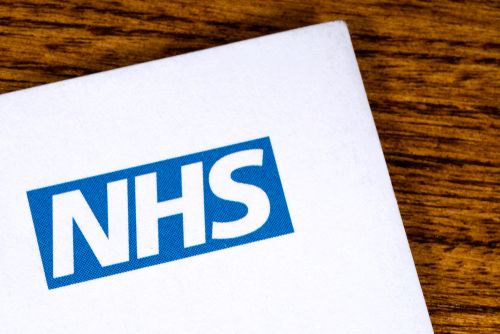
NHS 72nd Birthday Statement
On July 5, the 72nd anniversary of the NHS, across the UK, people will clap for the NHS, as they did during lockdown. They clap in gratitude for freedom from fear because the NHS is here for all of us, and for public sector healthcare workers motivated by professional values, duty and compassion, not the incentives of the market. We celebrate the professionalism of healthcare workers. However, we must highlight that the NHS we cherish is in grave danger.
The NHS has moved progressively towards marketisation. Behind the familiar logo now lies a fragmented patchwork of varied providers, a growing number of which are for-profit, and divert monies away from front-line services. The profits of these non-NHS providers are unknown but likely to be substantial. Department of Health figures for England show around £9.2 billion (7.3% of the NHS budget) was spent on independent sector providers over 2018/19.
In any marketised system, women, children and the disadvantaged suffer most. Health inequalities are unfair and avoidable yet they are widening. COVID-19 has disproportionately affected black, Asian and minority ethnic communities. Young female NHS workers have a COVID-19 mortality rate almost double that of non-NHS counterparts. Childhood vaccination rates are falling. Abortions are at a highest level, a tragic consequence of the 20% cuts to contraceptive funding in the last five years, with three-quarters undertaken, and paid for, in the non-NHS sector.
When COVID-19 struck, NHS bed numbers were inadequate, supply chains erratic and staffing shortages at about 100,000. Hence, the scrabble to build Nightingale hospitals and recall retired staff. We saw shortages of ventilators and PPE, and despaired at testing and contact tracing undertaken by private sector companies with unproven experience. Over 60,000 people have died in the UK from COVID-19 thus far, yet there seems to be a move to embed private firms further into the NHS supply chain. Government has included medicines in post-Brexit UK-USA trade negotiations, and given no assurances they will exclude NHS services.
We condemn the superficiality of political thinking that wishes to commodify UK healthcare. This will further widen already growing inequities and increase costs. As we celebrate our NHS, we ask the public to demand its restoration as a publicly funded, primarily publicly provided service, integrated across acute, social and preventive care sectors, in keeping with its magnificent founding principles.
Professor Neena Modi, president of the Medical Women’s Federation said, “We are issuing this statement because the UK public has a right to know the twin perils faced by the NHS. First, the growing number of poorly integrated non-public providers of public services, and second, progressive destabilisation by an enlarging parallel private healthcare sector that poaches staff, but contributes little to training, preventive health, or the care of patients with complex, long-term conditions. There is ample evidence that the marketisation of healthcare increases costs, diminishes the ethical basis of medicine, and widens inequalities, with women, children and the disadvantaged suffering most.”
Professor Chloe Orkin, vice president of the Medical Women’s Federation said, “At this unprecedented moment when the NHS stands at a crossroads we call for a real commitment to safeguarding the hyper diverse NHS workforce, and securing the future of the NHS as a publicly delivered, publicly funded service for all.”

